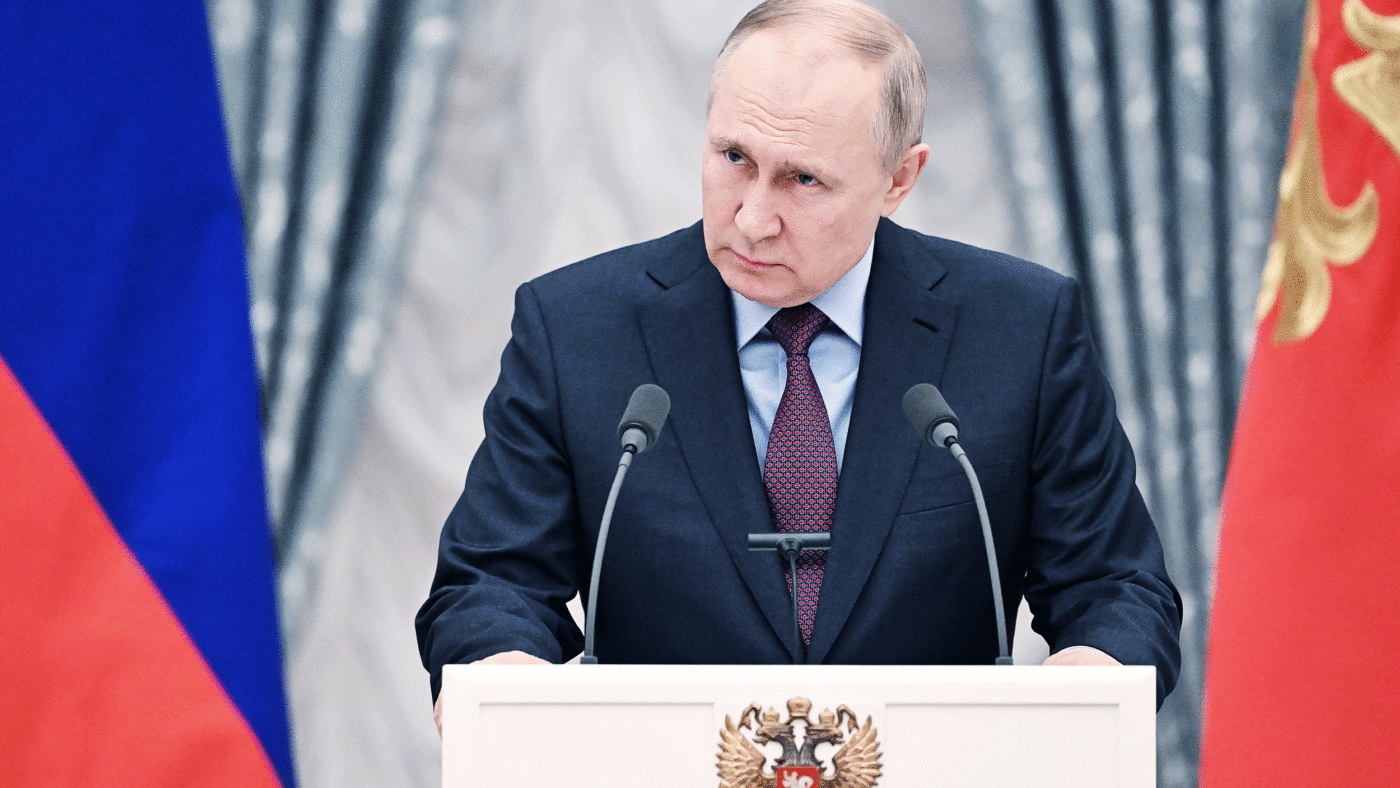When I sat down to write an article on economic sanctions, the plan had been to explore whether they could deter a full-scale invasion of Ukraine.
But events have moved so quickly that the question is now moot. Ukrainians are meeting the unimaginable reality that their freedom and their lives must be defended against Russian forces. War has returned to Europe, with the Russian military entering Ukraine from every direction and explosions heard across its major cities.
Putin has made clear he has given up on getting what he wants (a binding written undertaking from the West that Ukraine will not join NATO or the EU via special agreement or even a treaty) without military action. But even in the face of such wanton aggression, many believe a military response from the West remains unlikely.
Most Brits scoffed in response to Boris Johnson’s statement on Tuesday afternoon that sanctions would be imposed on five Russian banks and three individuals. Both the current combination and the anticipated escalation of financial penalties was expected to be ineffectual against a leader who has likely priced these measures in, has stored massive foreign currency reserves, and who will be reasonably confident that energy money will continue to flow to Moscow.
Economic sanctions were deployed frequently in the 20th century, and there remains some debate over their efficacy as a foreign policy tool. Cuba witnessed 55 years of comprehensive US economic embargo, but it failed to force the country’s revolutionary regime out of power. They remain in place in North Korea, yet have done little to push the state to abandon its nuclear programme. A near-total financial and trade embargo was imposed by the United Nations Security Council on Iraq, and yet we still invaded. Iraq sanctions also led to the creation of a food rationing programme that rewarded loyalty to the regime – which became so popular that after a year of occupation by the US, the rationing system remained impossible to abolish.
In one comprehensive study on sanctions, academics documented more than 170 case studies spanning a century and found sanctions to be ‘at least partially effective’ in 34% of the cases. But success hinged on the scale and scope of their objectives. Episodes involving regime change were less effective than those involving modest and time-limited goals, such as ‘the release of a political prisoner’. And quite clearly, sanctions will only work if the expected benefits to the aggressor are less than the cost of the sanctions to them, if the question at issue is not one of vital importance, or if the regime realises the game is up (as with South Africa).
The trouble, the West now faces is twofold. First, China may blunt the impact of sanctions on Russia. It is already buying lots of Russian gas and few expect it to observe any boycott. Second, as addressed earlier, the really effective sanctions would be to block Russian access to Swift, the messaging network used to make cross-border payments, and bar all exports of natural raw materials, above all oil and gas. Europe’s dependency on Russian supply for 40% of its gas has enabled Vladimir Putin to risk his invasion of Ukraine. Energy costs are already on an upward trend: it was reported this morning that brent oil has risen above $105 per barrel for the first time since 2014. One colleague has warned this could reach the $170 to $190 range following a block on Russian exports. Putin may be feeling confident that any retaliation, including the cancellation of Nord Stream 2, will be short-lived.
Foreign policy experts are split on the likely endgame. The West should impose significant economic pain on Russia, but be fully aware that in this instance, their impact is likely to be limited.
Click here to subscribe to our daily briefing – the best pieces from CapX and across the web.
CapX depends on the generosity of its readers. If you value what we do, please consider making a donation.


